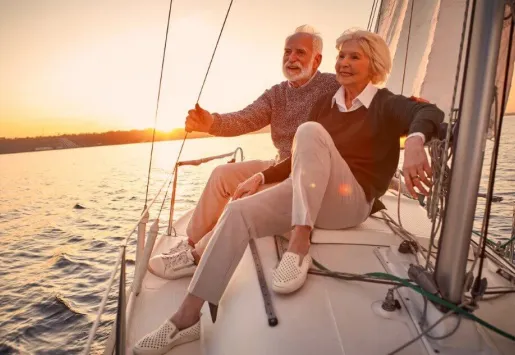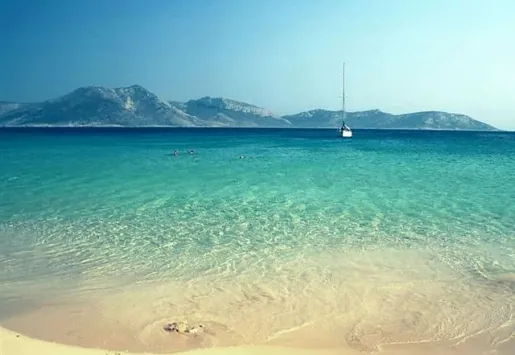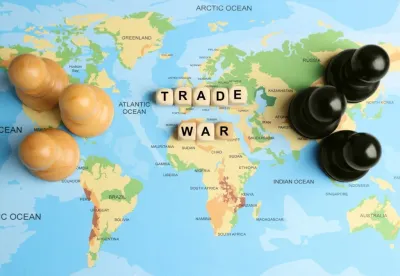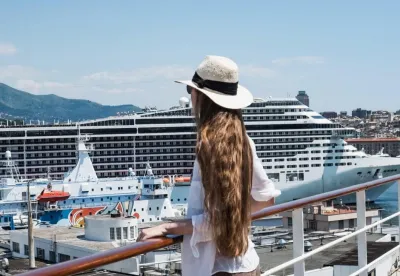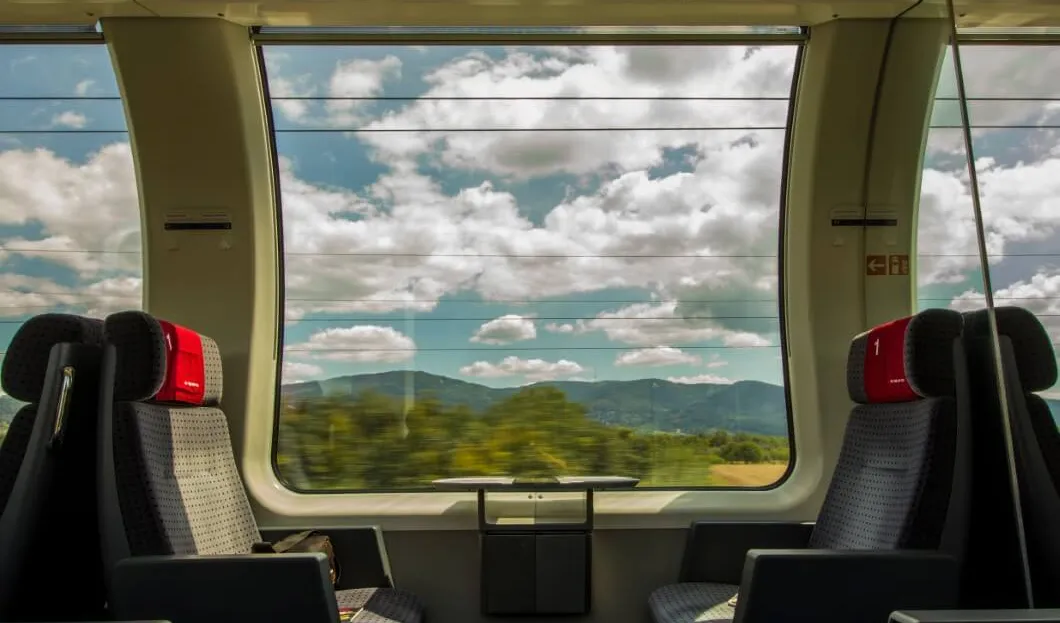
If you don't want to take a vacation on your balcony, you have to travel. By car, train or plane. Flying to the vacation destination is controversial, at least in some parts of the society. This is symbolized by the Swedish word "flygskam," which means flight shame. More and more tour operators in Europe want to focus on sustainable tourism.
The limp of tourism is clearly air mobility. That's because up to 80 percent of a trip's CO2 emissions are due to travel to and from the vacation destination and on the way home. Experts recommend: "Wherever air travel is not absolutely necessary, it should be avoided and bus and train should be used instead."
It is up to the vacationers themselves to manage their own climate budget. If there is no alternative to flying at all, i.e. on long-haul routes, people should at least bundle their vacation days and stay longer on site. This would also improve the vacation experience because people would get to know the destination better.
It Will Be Decades before We Fly in a Climate-friendly Way
Airlines and aircraft manufacturers are working on alternative fuels and completely new aircraft. Experts concede that the airlines are doing the same, even if flying more economically also saves kerosene. But, we're still a decade or two away from climate-friendly flying. Even with a high proportion of sustainable fuel (the so-called Sustainable Aviation Fuel, or SAF for short), we shouldn't deceive ourselves, because emissions that occur at high altitudes do not have the same effect as on the ground.
Traveling through Europe will be largely decoupled from flying - at least all travel to places that can be reached by land. Some experts think it's realistic that by 2040, Europe will have expanded its rail routes so that the question of flying won't even arise. Of course, there are also reasons why you need to get to a place very quickly: Emergencies and medical transport, for example.
For this to happen, however, it’s assumed that the railroads will get a better, Europe-wide standardized booking system in which the connections are also properly coordinated.
Even Locally, It Is Important to Live Sustainably and sensitively when on vacation
A study by the Vienna Institute for International Economic Studies (WIIW) emphasized: The analysis presented at the beginning of the year examined how much CO2 could be saved if there were a high-speed train connection between Lyon and Moscow. The result was that such a connection could reduce CO2 emissions in the EU over 60 years by ten percent of the volume of emissions in one year. If freight traffic were also taken into account, the CO2 savings would be twice as high.
Yet tourism is so much more than just arriving and departing. Tourism should allow travelers to experience the places in the truest sense, including their own local supplies, the preservation of traditions and culinary experiences. After all, at the end of the day, travel is about getting to know other people's lifestyles and everyday lives and broadening one’s own horizons.




